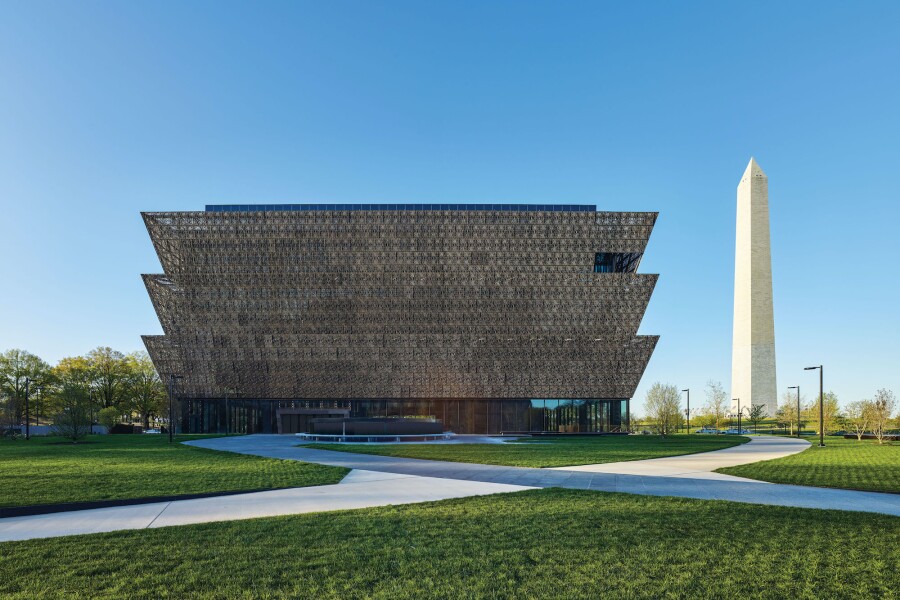Amid worldwide protests against racism and police brutality spurred by the recent police killings of George Floyd, Breonna Taylor, and Tony McDade, and the death of Ahmaud Arbery by armed white residents, the Smithsonian’s National Museum of African American History and Culture (NMAAHC) released a new online portal to help people navigate nuanced conversations about race and racism in the United States.
The free digital resource, titled “Talking About Race,” collects more than 100 videos, scholarly articles, and interactive online exercises that help individuals, educators, parents, and children develop the necessary language to conduct productive conversations about race and racism, as well as “the way these forces shape every aspect of society, from the economy and politics to the broader American culture,” according to a press release.
The NMAAHC portal features eight distinct sections that focus on topics such as the historical foundations of race, the ideology of whiteness, and how systems of oppression are built, as well as the decision to be antiracist and the importance of self-care, among others. Each section draws upon research conducted by the museum’s education staff and includes insights from prominent historians, psychologists, and activists, including feminist writer Audre Lord, civil rights lawyer and scholar Kimberlé Crenshaw, and historian Ibram X. Kendi, author of the New York Times bestseller How to Be an Antiracist (Random House, 2019).
“The portal offers a wealth of resources to inform and guide discussions,” Spencer Crew, NMAAHC’s interim director, said in a May 31 statement. “We hope that people will use this site to become more comfortable about engaging in honest dialogue and self-reflection. In a nation still struggling with the legacies of slavery, Jim Crow laws, and white supremacy, we must have these tough conversations if we have any hope of turning the page and healing.”
In the NMAAHC’s announcement, organizers said the online resource was in development before the current Black Lives Matter protests broke out in cities around the world, but the global demonstrations prompted the museum to move up its release date for the educational portal. Or, at least, to unveil what it calls “Phase One” of the online platform, as the Washington, D.C., institution plans to reveal additional helpful antiracism tools to come.











